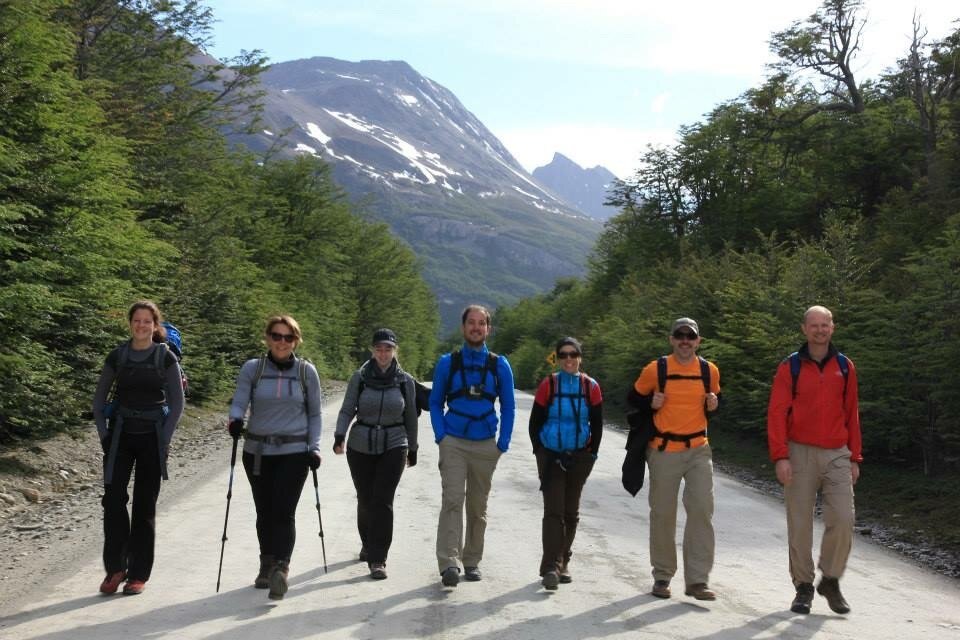Peer Support
What are Peer Support Services?
“Culturally competent services that promote engagement, socialization, recovery, self-sufficiency, self-advocacy, development of natural supports, and identification of strengths. Peer support specialist services include, but are not limited to prevention services, support, coaching, facilitation, or education that is individualized and is conducted by a certified peer support specialist.” (Source: SB803, 14045.12)
Unlike the traditional medical model ran solely by clinicians, the peer support services - using the trauma-informed model - add a missing important part which is the person’s experience and the human element in the treatment of a person in need. It engages the person receiving services in their own recovery plan and life goals, it promotes self-determination, respect, compassion, active listening, trust, and focuses on the person’s strengths. It provides options and hope.
Peer services have expanded, gained recognition and are offered in mental health programs and agencies. Peer support is evidence-based (scientifically proven) and has shown great outcomes on people’s mental wellness recovery. It doesn’t mean it should replace options like consulting a therapist. They can be complimentary.
What is a Certified Peer Support Specialist?
Also called: Certified Peer Specialist, Peer Specialist (not certified) or Peer.
“An individual who is 18 years of age or older, who has self-identified as having lived experience with the process of recovery from mental illness, substance use disorder, or both, either as a consumer of these services or as the parent or family member of the consumer, and who has been granted certification under a county peer support specialist certification program.” (Source: SB803, 14045.12)
Peer Support Specialists can work in mental health facilities, agencies, hospitals or on the road visiting people in their living environments. Depending on the setting, they can be part of a multi-disciplinary team composed of professionals such as psychiatrists, therapists, nurses, social workers, case managers, etc.
PAT’s EXPERIENCE: I’ve had the privilege to be part of a multi-disciplinary team and witnessed its benefits for both the individuals and the staff providing services: high communication level, respect, teamwork and a genuine desire to achieve tangible positive mental wellness outcomes. Individuals are also more engaged in their recovery process.
What are Peer Support Groups?
“Groups that include people with a common bond who voluntarily come together to share, reach out and learn from each other in a trusting, supportive and open environment. Membership is a self-selection process. Self-help groups grow from the bottom up or at the grassroots. Decision-making rests solely in the hands of the people within the group”. (Edward Knight, Ph.D., CPRP)
PAT’s EXPERIENCE: Receiving support from people who have been through similar life experiences (Peers) is incomparable and so effective. It took me a while before joining peer support groups due to preconceived ideas I had (depressing, sad, awkward…). Well, I was wrong. I discovered a safe non-clinical place where I could share openly without any fear of being judged about my own experiences as well as listen/learn from my peers. Most importantly, I felt truly understood (they got it!), validated and relieved by a sense of belonging. I was not alone. Family and friends can be of great support, but peer support is something else. Give it a try!
Peer Support Groups
Here’s a short list of Peer Support Groups I have attended in the past years or heard good things about. Please search online for other support groups you might prefer or that exist in your community. Your local hospital or mental health organizations may also run peer support groups.
Peer Online Community
There are many different apps and online communities where Peers share their experience. I like, follow or participate with the following ones:
Beautiful Voyager (join an online caring community, share about your anxiety, read my column there!)
Mayday! M’aider! (based in Quebec, many great guest speakers and list of resources)
The Mighty (plenty of good articles and stories)
If you or someone you know is currently in crisis, please call your local mental health crisis services or dial 911.
* There is no affiliation between Pat and Human Experience Peer Consultant in conjunction to any of the organizations mentioned here, except NAMI where Pat is a volunteer and speaker, Beautiful Voyager where Pat is a columnist and Mayday! M’aider! where Pat is an ambassador/member. The opinions on this website are solely Pat’s and not representative of NAMI’s position.



